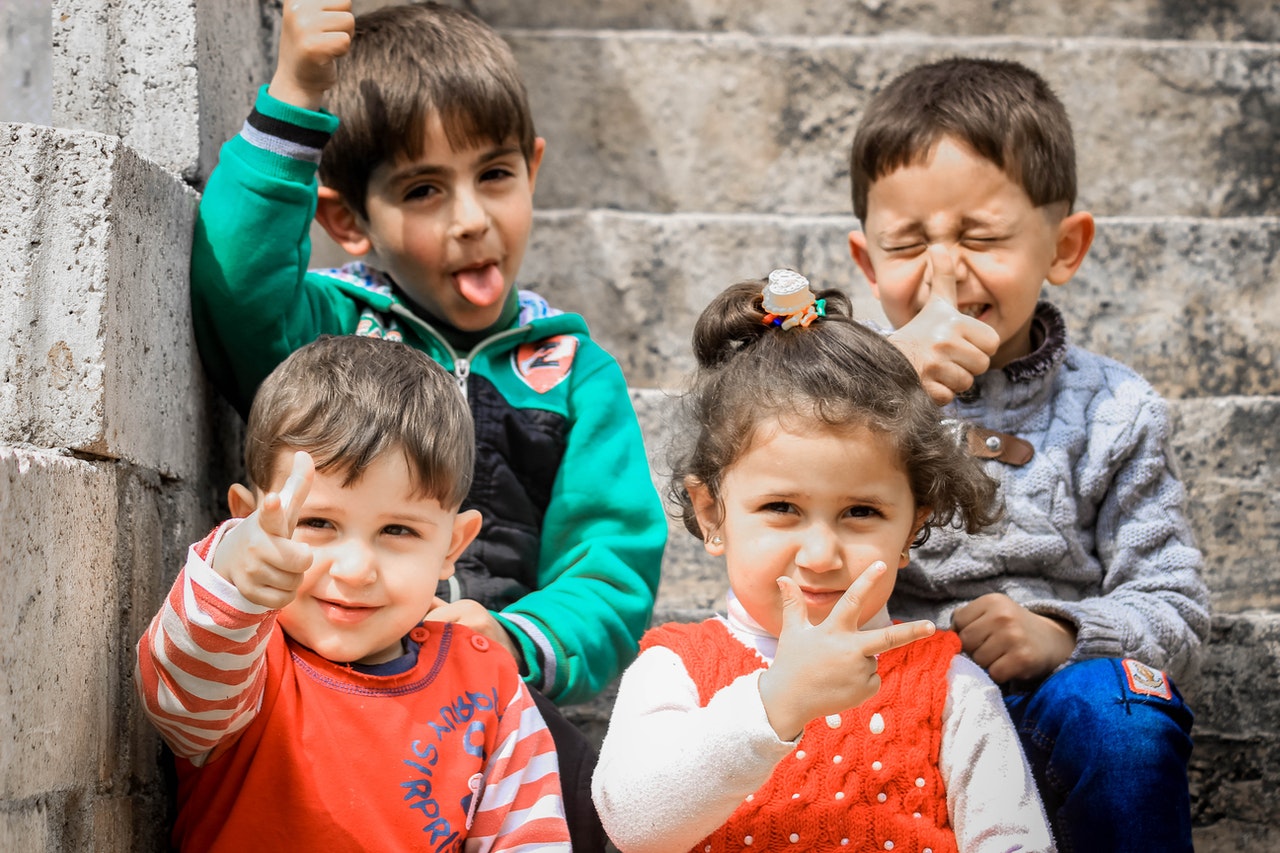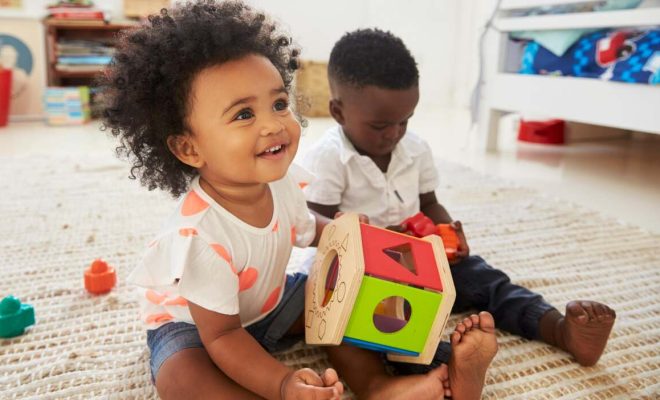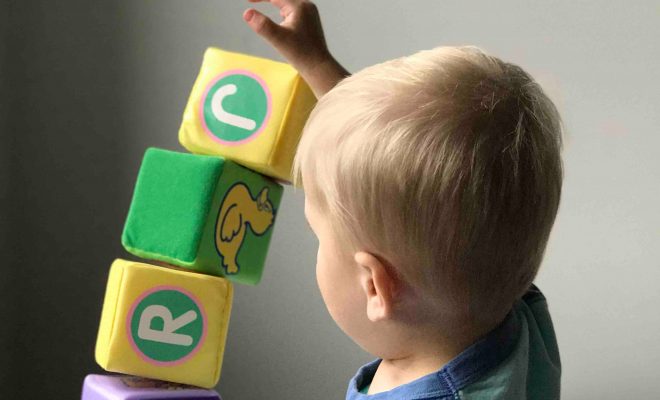Developmental Milestones: Age 4

Your child’s early years are filled with wonder and rapid growth in all aspects of their existence. Parents want to guarantee that their children reach all of the developmental milestones on schedule. With preschool on the horizon for many children, parents should take a few seconds to consider whether their child is truly prepared.
How many of these milestones has your child already begun to meet?
Language
Language is one of the most important talents that your child is still developing at the age of four. They should be able to speak their name and address, as well as relate their own stories, by this age. They may also learn and perform humorous poetry or children’s songs such as The Wheels on the Bus.
They should also be solidifying their understanding of the future tense and identifying some very basic grammatical concepts (such as pronoun usage). Sentences should be at least five words long.
Physical Achievements
Around the age of four, physical milestones are frequently the easiest for parents to judge. Their gross motor skills should progress quickly. Overall, your child’s increasing physical talents provide them with more freedom daily. By the age of four, most children can:
- Step on one foot
- Balance on one foot for at least two seconds.
- Climb or swing
- Most of the time, you can catch a bouncing ball.
- With supervision, they mash their food.
More motivated children may begin to learn more challenging skills on their own, such as skipping or climbing the stairs. Parents should assess their children’s motivation to develop these abilities. Experts urge that they spend enough time playing with other kids and away from excessive amounts of toys. This will aid your child’s physical development.
Emotional and social
At the age of four, many children are rapidly gaining the ability to establish friends and relate to their peers. They acquire a strong desire to please their peers and to imitate the behavior of others. When it comes to playing, here are a few typical milestones that most children reach at this age:
- Cooperating with the rules and other children during play
- Roleplaying or imaginative play
- Preference for playing with others rather than playing alone
- Disclosing one’s interests and likes and dislikes
- Distinguishing between fantasy and reality
- A passion for singing and dancing
Cognitive
Parents are frequently concerned about what their children should know by the age of four. Tracking and recording the skills your child has acquired allows you to better prepare them for academic success. According to the CDC, most children will be able to do the following intellectually by the age of four:
- Colors, numerals, and forms are being named for the first time.
- Some understanding of time
- Recall specific details from a tale
- Draw a person with two to four body parts.
- Play easy board or card games.
- Begin categorizing stuff (things that are the same versus things that are different)
Delays in Development
According to study criteria, these are just a few of a four-year-standard old’s talents. Consult your pediatrician if you believe your kid is not meeting certain developmental milestones.
Many of the warning indicators of developmental delays at the age of four involve challenges with independence and daily living skills. These can include difficulties dressing or undressing, inability to brush teeth or wash hands, and toilet training challenges. If your child is continuously falling behind in many of these areas, you should contact a trustworthy pediatrician to rule out any underlying causes.
The fourth year of your child’s life will see an enormous improvement in their cognitive, social, and physical abilities. Consider the incredible ways in which their minds and bodies will evolve. You can use this checklist to see if your child is hitting their developmental goals and is ready for preschool.






